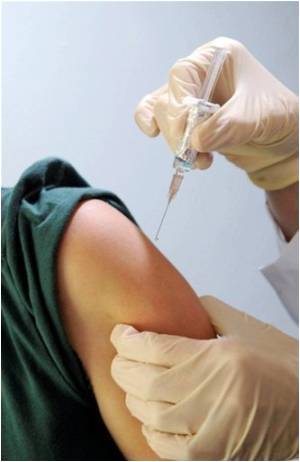Alnylam Pharmaceuticals has received a $3.2m milestone payment from GSK as part of their ongoing collaboration to use Alnylam’s RNAi technology to develop GSK’s cell-culture based influenza vaccine.

The development of an innovative method to produce influenza vaccines has become a major initiative. Since the 1940s, influenza vaccines have been generated using chicken eggs. This process takes months and is difficult to scale-up. The recent H1N1 influenza pandemic highlighted these inadequacies and resulted in a renewed push for novel influenza vaccine manufacturing methodologies. A novel production process could also generate a vaccine that could be administered to individuals with egg allergies and decrease overall manufacturing costs. GSK expects to utilize its cell-culture method to enter this emerging market, but the company faces tough competition. For example, Novartis, in collaboration with the United States Department of Health and Human Services, is building a $1 billion facility in North Carolina that will house R&D and production facilities for a cell-culture based influenza vaccine program.
The milestone payment comes during a challenging time for Alnylam. Its ambitious “5x15” program hopes to develop RNAi therapies for five diseases with a high unmet need (e.g., hemophilia, hypercholesterolemia, refractory anemia) by 2015. Earlier this month, the company announced positive Phase I results concerning its therapy for transthyretin (TTR) amyloidosis, a progressive neurodegenerative disease caused by protein deposits, as well as promising pre-clinical results for its hemophilia treatment. These findings raised Alnylam’s stock price over 150% to $18.76 per share, but a pending lawsuit could cause shareholders to worry. Tekmira Pharmaceuticals Corporation, a Vancouver-based biotechnology company, alleges that Alnylam exploited their collaboration for commercial gain. The patent litigation, which heads to trial in October, threatens to hinder Alnylam’s ability to commercialize its 5x15 initiative. Alnylam is especially susceptible to any delay in 5x15-associated revenue since it has no marketed therapies. While Alnylam possibly struggles to transition from commercial platforms to therapies, a successful influenza vaccine methodology could alleviate investor concerns in the short-term.
Author: Dr Brad Tebbets, GlobalData's Infectious Disease Analyst.
Source-GlobalData









